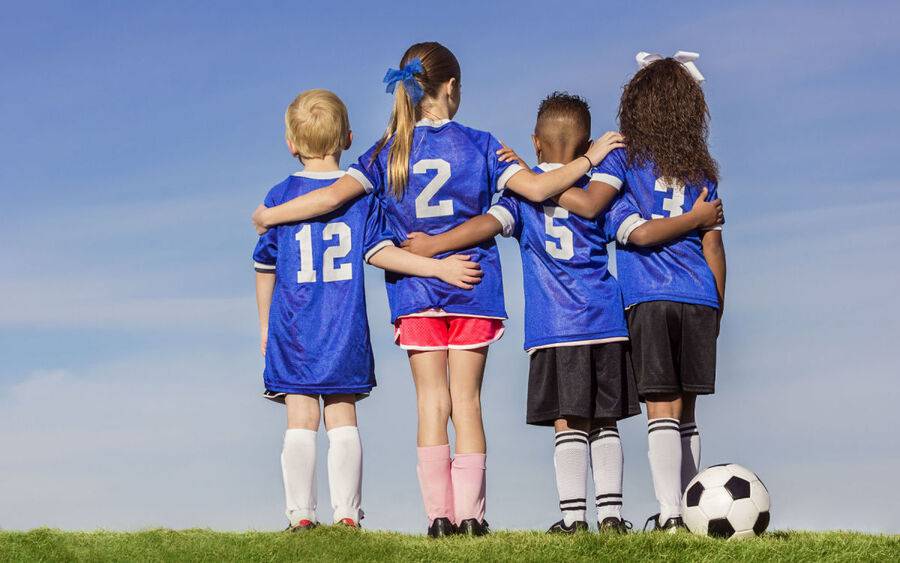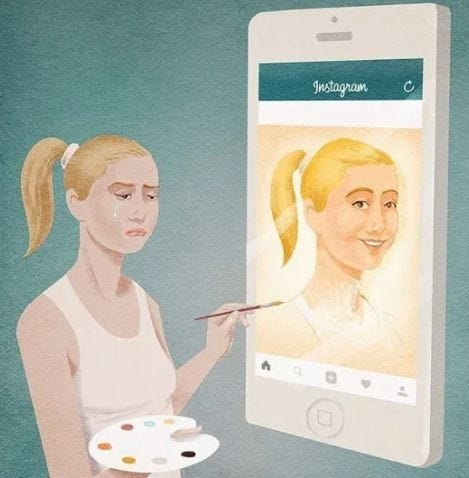What motivates students? Is it objects or praise? What about grades or punishments? In the United States, we typically use these “carrots and sticks” to get us to do desired behaviors. The problem, however, is that they often don’t work in the way people want. They can even hinder development. In Daniel Pink’s Drive: The Surprising Truth About What Motivates Us, the theme of intrinsic motivation plays a central role in determining what gets us going. In the real world, like Uni, for example, the usage of intrinsic motivation is few and far between.
Which encyclopedia would do better? One written and run entirely by volunteers or one made by Microsoft with paid writers and managers? According to Pink, most economists would assume the Microsoft encyclopedia would last. However, Encarta, the vastly funded and incentivized encyclopedia by Microsoft, closed down in 2009, while Wikipedia is the largest encyclopedia today. Why didn’t the paid encyclopedia work? With our modern idea of motivation, people need to incentivize workers with money and rewards to work properly. However, Pink explains, “open source depends on intrinsic motivation … ‘how creative a person feels when working on the project, is the strongest and most persuasive driver’” (Pink 66). This concept applies to the day-to-day. Intrinsic motivation is the inherent satisfaction of doing an activity – it shines through our hobbies and passions but is everywhere, as it’s an innate human trait. In the long run, compared to extrinsic motivation, or carrots and sticks, intrinsic motivation produces much better results.
The most common way to utilize intrinsic motivation, according to Pink, is through flow. Flow, similar to being “in the zone,” is where someone feels extremely focused and immersed in the activity, and where the effort they put in feels enjoyable. In flow, “the challenge wasn’t too easy. Nor was it too difficult. It was a notch or two beyond [their] current abilities, which stretched the body and mind in a way that made effort itself the most delicious reward” (Pink 249). I feel this even with things that aren’t my hobbies. I experience it with school projects, chores, and even the most mundane tasks. We can turn work into play and harness intrinsic motivation by achieving flow, especially in our classes and coursework.
Flow can be hard to obtain at Uni, especially with anchor days. Breaking up classes into shorter sections, and cutting off work time with breaks at a fixed time can interrupt flow or prevent it from happening in the first place. Using carrots and sticks on activities that should be done out of good nature, like going to educational events or helping others out, smothers intrinsic motivation that would’ve drawn people in the first place. Flow requires having enough freedom to allow people to explore, while still providing goals that are a few steps out of reach. By giving people the chance to use their intrinsic motivation and contribute in a meaningful way, as shown through Pink’s Drive, they become more focused on their play, rather than their rewards.
-Max






